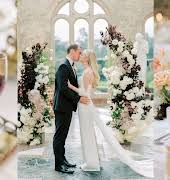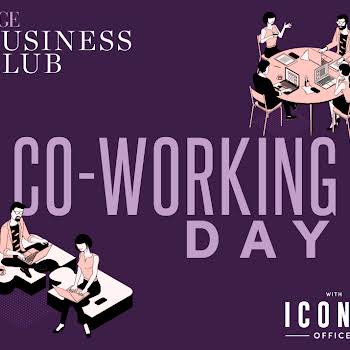Stop sabotaging your career with ‘Sorry’, ‘Can I just’ and ‘I’m not sure but’
By Sinead Brady
12th Nov 2018
12th Nov 2018
Words are powerful, words convey meaning and words have the capacity to transform.The overuse of the word ‘sorry’ in the workplace is a well-documented, semantic phenomenon that unwittingly undermines professional capacity and credibility. ‘Sorry’ has many other self-diminishing companions that are equally self-sabotaging for your career, however are far less discussed.
What about ‘just’ and ‘but’
If you use ‘just’ and ‘but’ unnecessarily as part of your default language, its time to consider how these words are subliminally undermining and your professional communications.
‘Can I just ask a question?’
‘I’m not an expert but’
‘I might be wrong but’
‘I’m just not sure’
‘Sorry, but’
‘Do you have just a minute’
‘I just wanted to check in to see if’
Or perhaps the most confidence quenching and self-sabotaging of all
‘I am just a’.
These words, when used time and again can have a dramatic effect on career progression. Language shapes consciousness and if you consistently dilute your message with weak words you undermine your potential without even realising it. To eliminate ‘just’ and ‘but’ from your workplace communications start with these simple hacks.
Catch yourself thinking
Over the next few days make a conscious decision to notice how often you use the words ‘just’ or ‘but’. Think about how often you use them to ask permission to enter a conversation or take part in a meeting e.g. ‘Can I just’, ‘I just wanted to’, ‘Do you just have a minute?’, I’m just checking, ‘I’m pretty sure but’ or ‘I think that maybe’. I guarantee you will be surprised (I know I was) at the amount of times you use these weak words or phrases. Equally, you will be surprised at how much more confident and direct you sound by reducing and eventually erasing them from your communications.
Some Tech Help
If you use Chrome as your browser, download a clever extension called Just Not Sorry. This warns you if you are overusing words that are undermining or shrinking the potential of what you are saying. Replacement Words When you are clear on a topic, have an opinion or when you are certain about something, do not use words like ‘I think’, ‘I believe’ or ‘ I feel’. These hedging words soften certainty. Own your professional opinion with confidence, and have courage in your ability by leading with stronger more powerful words like- ‘I am confident that’, ‘I am convinced that’, ‘I am optimistic that’ and ‘I expect that’.
Be Humble
Naturally there are times when professionalism calls for the use of these words. If you are uncertain or unsure use these conditional and hedging phrases. Otherwise be clear, be confident and strong. Language is powerful and the words we use in a professional capacity say a lot about us. Use the tips outlined above to cut out the ‘but’s’ and the ‘just’s’ and start incorporating more definitive, assertive words into your workplace vocabulary. You’ll be amazed at the effect it can have. Remember, if you don’t design a career that you love, somebody else will do it for you. And you may not like their version. Good luck!























